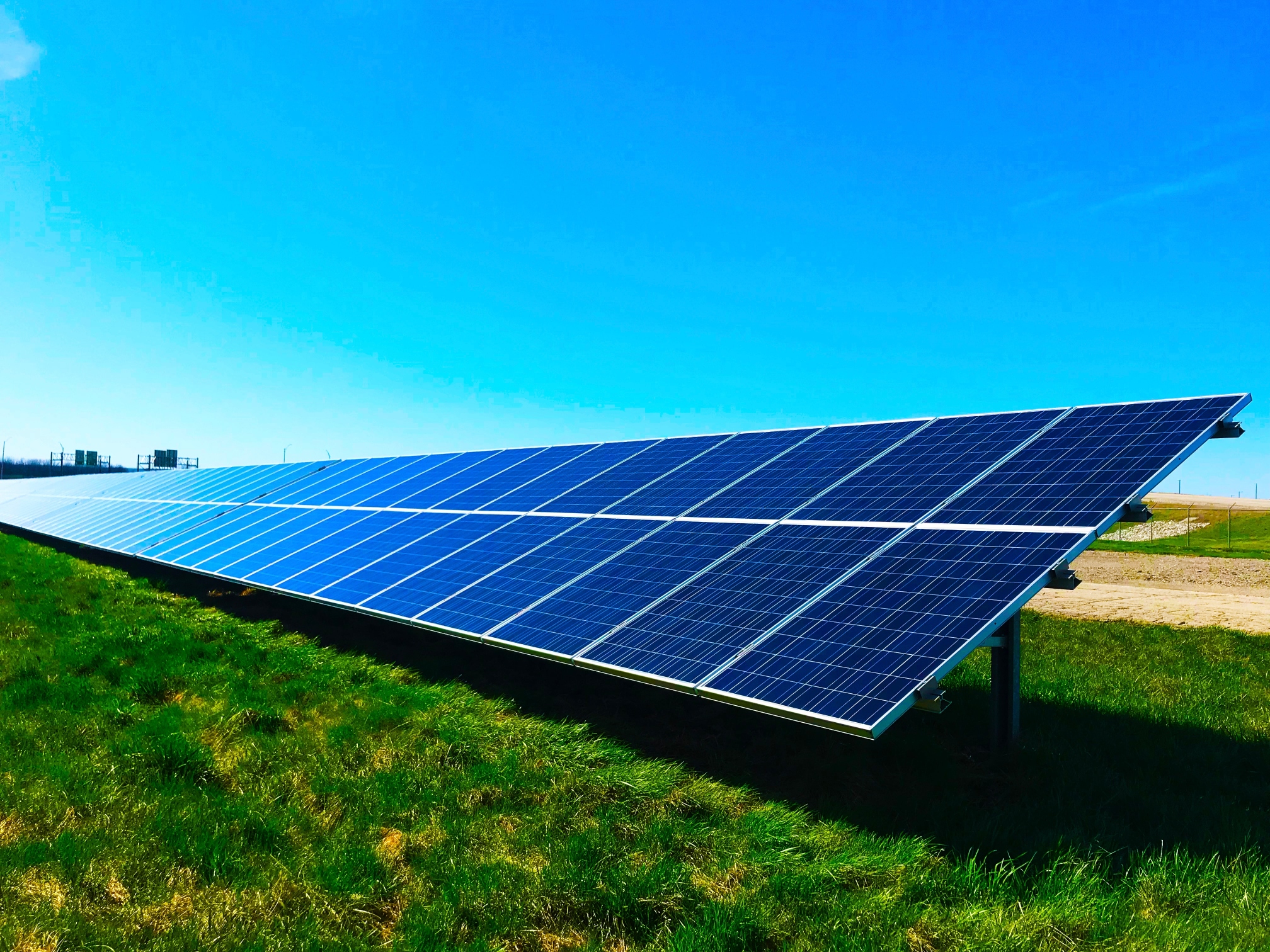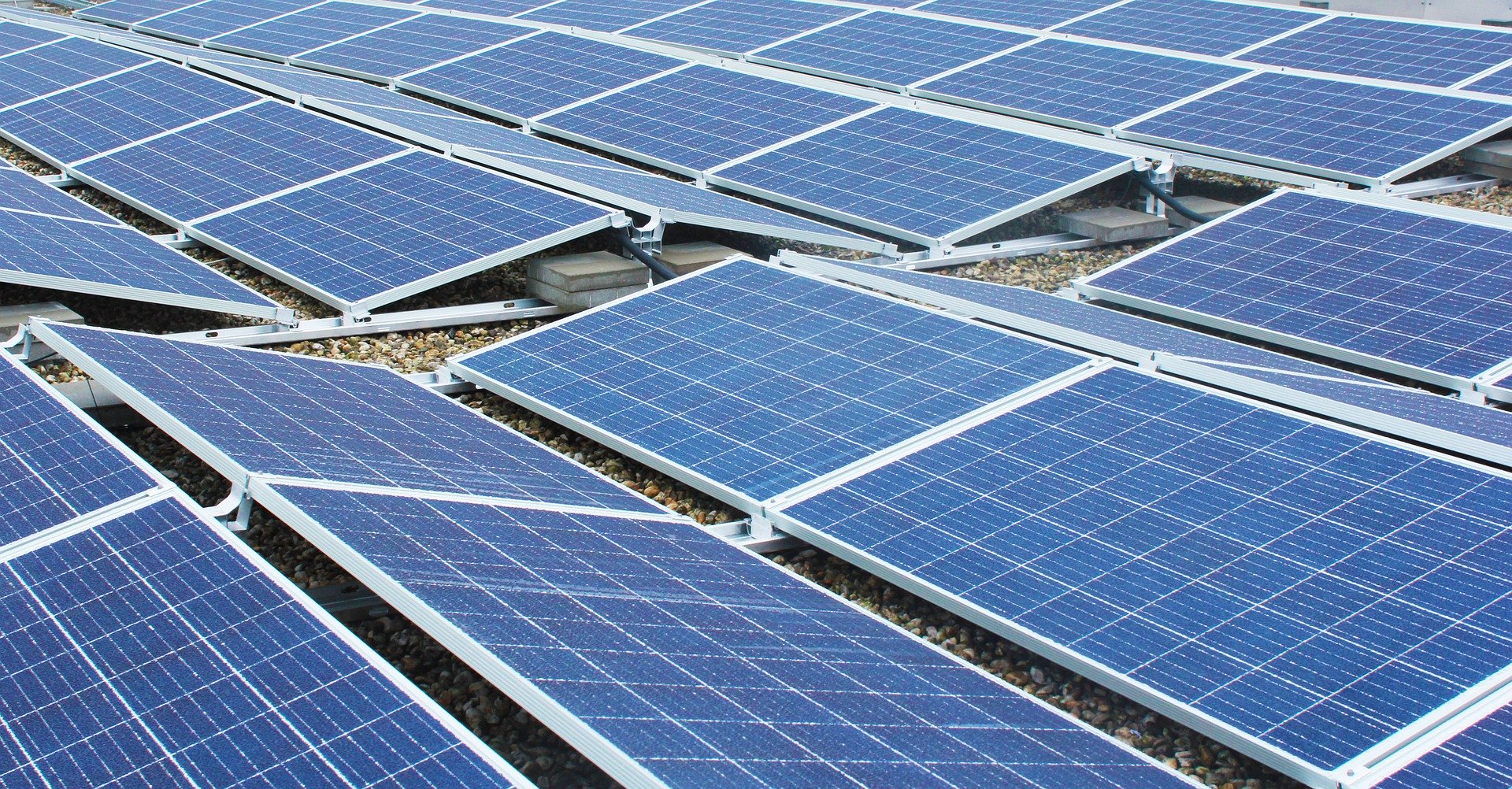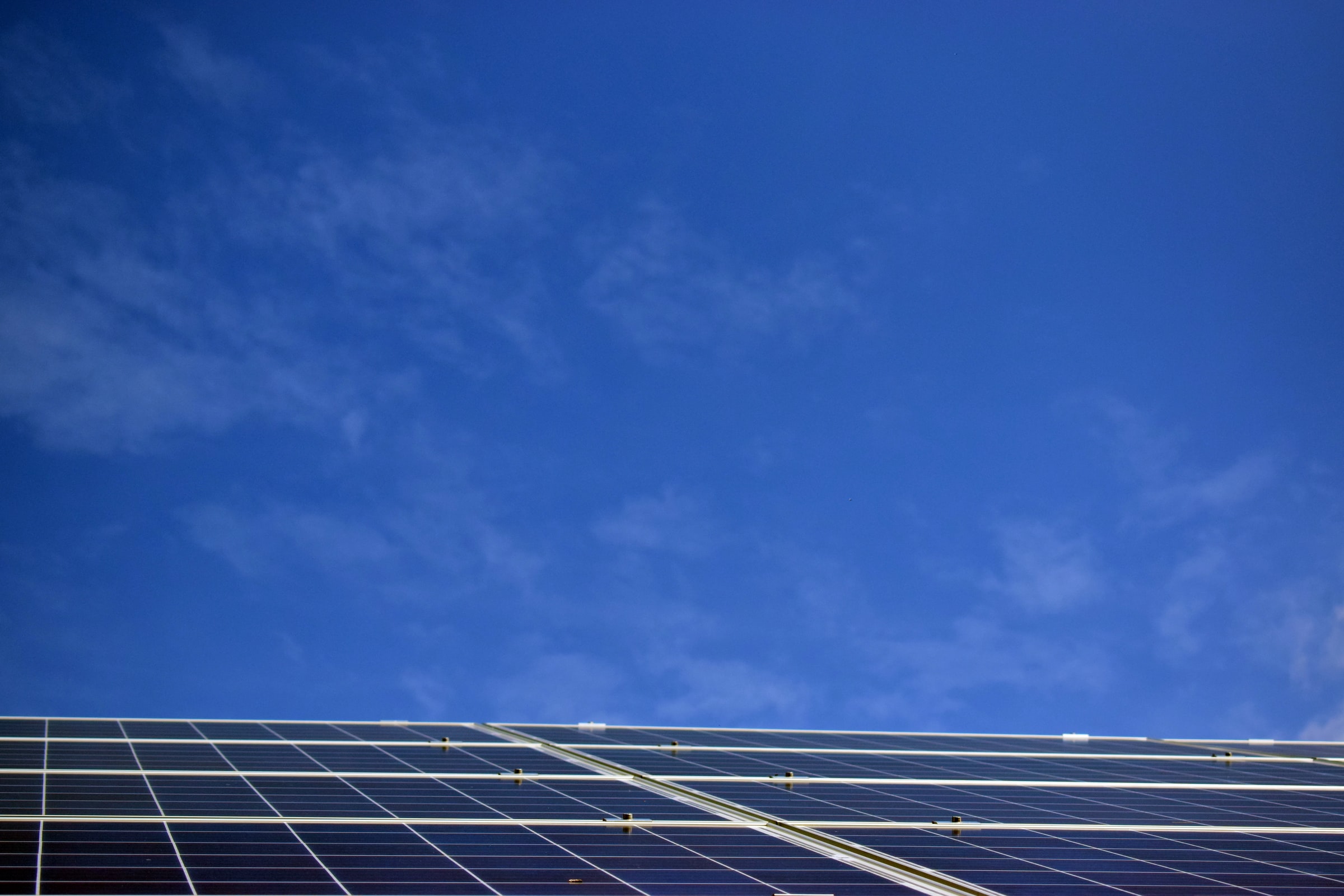The Arkansas Solar Access Act (SB 145) was passed on March 12, 2019, and Arkansas energy consumers are already seeing the benefits of solar energy as a result. The bipartisan bill has removed a number of frustrating regulatory barriers which had prohibited Arkansas solar growth for years.
Key Points of the Arkansas Solar Access Act
The Arkansas Solar Access Act is defined by a number of key features which look set to propel Arkansas solar growth in the coming years.
- Enables solar leasing and third-party purchasing for non-taxed entities, allowing greater consumer flexibility
- More than triples maximum solar size limit for businesses
- Grandfathering provision provides market certainty and protects solar customers from future rate changes
- How Much Money Can a Solar Farm Make?
- Solar Farm Land Lease Rates
- Solar Farm Land Requirements & Solar Developments
- Starting Your Own Solar Farm

Senator Dave Wallace, a key proponent of the Solar Access Act, highlighted the state’s solar power potential, noting that Arkansas is one of the best states in the country for sunshine days, yet lags behind in terms of solar PV deployment. Wallace also highlighted the potential of Arkansas solar farms and the power that a solar land lease offers landowners in terms of their own personal energy usage and their ability to profit from the sale of energy generated on their land.
The passage of the Act offers greater power to the consumer, lessening the monopolistic grip of the large utility companies on Arkansas energy generation and distribution. With solar energy, solar land leases, and solar power purchase agreements, landowners have greater control over the financing of energy projects, and will be more fairly compensated for the energy produced on their property. Additionally, low-income residents, nonprofits, churches, and schools, are all in a better position to secure renewable energy savings as a result of the Solar Access Act and the financing possibilities it allows.
Although, according to Senator Wallace, the proposed bill initially brought up friction between solar energy companies, large utility companies, and other concerned parties, ultimately the bill was welcomed unanimously after weeks of successful discussions. Key supporters of the bill included the likes of Mars, Target, Unilever and Walmart, with the latter targeting a renewable energy goal of 50% by 2025. A significant number of small businesses and nonprofit organizations also backed the bill.
Around the same time in March 2019, a report from GMT Research and the Solar Energy Industries Association (SEIA) showed that Arkansas was already a growing solar location—adding the 18th most solar projects of any state in 2018. Now, with the Solar Access Act in effect, this trend toward Arkansas solar growth looks set to continue and expand even further. Given the pent-up demand for solar energy in Arkansas, and the suitable climate, there is real potential for the state to become a nationwide leader in the solar sector. This commitment to solar energy will boost the economy, attract more private investment, and lead to cleaner air and water for citizens.
A big part of the legislation involved the removal of Arkansas’s ban on solar land leasing and power purchase agreements. Now that the state has opened up this sector of the solar industry, like many other states nationwide, energy customers and developers will have more freedom to determine the financing of their renewable energy projects. The availability of power purchase agreements will make it much easier to develop a project like a solar farm and ensure savings for Arkansas landowners in the years to come.
What is a Power Purchase Agreement?
A power purchase agreement (PPA) is a contract used for the financing and implementation of renewable energy projects like solar farms. It is an agreement between a provider and a buyer/offtaker, wherein the buyer/offtaker purchases power from the provider at an agreed-upon rate for a fixed period of time. In a PPA, the buyer does not take ownership of the solar PV system, instead they are basically purchasing the services of the solar power system without purchasing the system itself.
Solar PPAs are extremely popular because they are flexible and accessible, with the ability to provide a predictable, low-cost energy supply, as well as renewable energy certificates and tax credits, without the incurrence of high upfront costs. As well as significantly contributing to the growth of residential solar in a number of states across the country, power purchase agreements have made it much easier to finance and develop solar farm projects, offering stable, long-term revenues for landowners in Arkansas and other states.
Types of Power Purchase Agreement
There are a number of different types of PPA on the market, each suitable for different providers/buyers depending on the specifics of the project in question. To learn more about any of these forms of PPA, just click on the links below.
Power Purchase Agreements in Arkansas
There are fifteen states nationwide which have enacted legislation relating to PPAs—including Arkansas. Utilities have been authorized to enter into power purchase agreements, based on certain criteria, for a number of years, and now third-party purchasing agreements are also permitted thanks to the Solar Access Act.
Arkansas Solar Farms & Power Purchase Agreements
By entering into a power purchase agreement to host a solar farm on their property, Arkansas landowners will be able to generate a consistent income source for the foreseeable future. With solar farm leases typically lasting between twenty and thirty years, landowners can ensure a predictable revenue stream for their family for decades to come. Thanks to the passage of the Solar Access Act, solar farms and solar land leases are now more economically viable for both developers and landowners alike.
A developer like YSG Solar will enter into a power purchase agreement with a landowner, facilitating the development and construction of the solar farm, while providing a new source of income for the property owner hosting the solar project. Typically, rental payments for solar farms are made annually on a per-acre basis, though in some cases they may also operate on a per-megawatt basis. To learn more about leasing your land for a solar farm in Arkansas, read our most popular solar farm articles:
If you’re interested in leasing your land for solar, or entering into a power purchase agreement to secure energy savings, get in touch with YSG Solar today. To get started or learn more, send us an email or call at 212.389.9215.
YSG Solar is a project development vehicle responsible for commoditizing energy infrastructure projects. We work with long-term owners and operators to provide clean energy assets with stable, predictable cash flows. YSG's market focus is distributed generation and utility-scale projects located within North America.
Sources:
https://www.ncsl.org/research/energy/state-policies-for-purchase-agreements.aspx#Arkansas
https://ar.audubon.org/conservation/sb145-solar-access-act-2019
https://www.kuaf.com/post/solar-access-act-passes-arkansas-legislature
Featured Photo by Sanel Selava on Unsplash.

